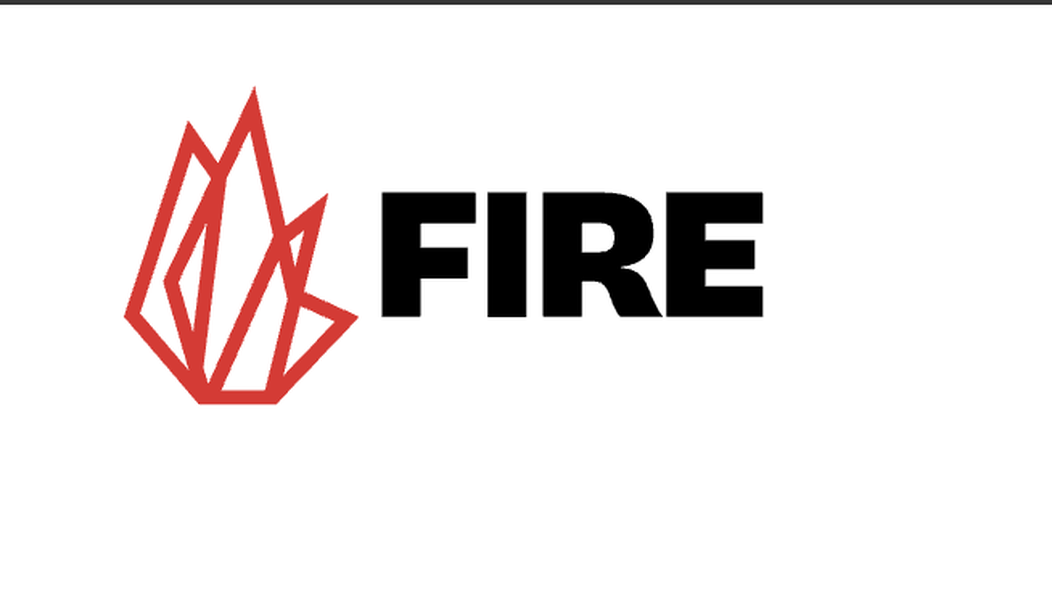Top News
Free speech set on FIRE

Would you send a kid to a school where 47% of the students thought using violence to stop a person speaking was acceptable?
I hope not. Yet parents do when they send their children to be indoctrinated at Oberlin.
The war on free speech isn’t that bad everywhere, although there is a troubling relationship between the exclusivity of a school and the hostility to free speech. According to the Foundation for Individual Rights and Expression, the only school in America to earn a ranking of “Abysmal” for free speech is Harvard University.
5/ Of the 248 schools ranked this year, 73 had speech climates that were rated as below average, poor, very poor, or abysmal. pic.twitter.com/WaMhBCbvW8
— FIRE (@TheFIREorg) September 6, 2023
There was a more than 30% increase in the number of students who approve of using violence to stop unapproved speech on college campuses in just one year, which is a shocking jump that indicates that the problem doesn’t originate on campus but has its origins in the larger cultural milieu, including in pre-college education.
Protests against high-profile speakers always gain a lot of attention–deservedly so–so it makes sense to be a bit skeptical that any one event is representative of a larger climate of suppressed speech. But the survey results–based on over 55,000 responses from students at over 250 colleges–indicate that the high-profile cancellations are not unrepresentative. There is a climate of speech suppression that shuts people up.
It’s even worse than you think. Students don’t just shut others up–there is a growing climate of fear on the campuses, with students self-censoring more and more. Students are becoming afraid to speak their minds.
- Deplatforming attempts that occurred at schools ranked in the bottom five had an alarming 81% success rate.
- More than half of students (56%) expressed worry about damaging their reputation because of someone misunderstanding what they have said or done, and just over a quarter of students (26%) reported that they feel pressure to avoid discussing controversial topics in their classes. Twenty percent reported that they often self-censor.
- When provided with a definition of self-censorship, at least a quarter of students said they self-censor “fairly often” or “very often” during conversations with other students, with professors, and during classroom discussions, respectively (25%, 27%, and 28%, respectively). A quarter of students also said that they are more likely to self-censor on campus now — at the time they were surveyed — than they were when they first started college.
These results are extremely alarming.
- Student opposition to allowing controversial conservative speakers on campus ranged from 57% to 72%, depending on the speaker. In contrast, student opposition to controversial liberal speakers ranged from 29% to 43%, depending on the speaker.
- More than 2 in 5 students (45%) said that students blocking other students from attending a speech is acceptable to some degree, up from 37% last year. And more than a quarter of students (27%) said that using violence to stop a campus speech is acceptable to some degree, up from 20% last year.
I’ve spent about 20 years on college campuses between being a student and an instructor, and grew up in an academic household. To say that there has been a massive shift in attitudes toward speech in that time isn’t just an understatement–the difference in scale has become a difference in kind. Sort of like going from a grenade to a nuclear bomb.
As an undergraduate and graduate student, I never worried about what I said, but things began to change sometime in the past 20 or so years. So much so that I know several people personally who have left academia either totally disgusted or out of fear.
It’s impossible to overstate how significant that is. Getting a tenured academic job is like hitting the lottery for people inclined to be academics.
But having the wrong opinions can be an academic death sentence these days. College campuses–or, I should say, prestigious college campuses–have become Maoist institutions dedicated to indoctrination and enforcing ideological purity. Academics in later stages of their careers can survive and stick it out, but it is now impossible to build a career in academia as anything other than a Party apparatchik–and your job is to indoctrinate students into becoming Party faithful.
Until recently there was something of a Chinese wall between the liberal arts and STEM subjects, but that wall is crumbling. Even physics and biology are becoming politicized, so I would be surprised if things didn’t get worse.
It has taken decades of hard work by the Left to get to this place. Turnover is low, the pressure to reverse course is lower, and there are near-infinite resources at the disposal of the people enforcing ideological homogeneity.
I am not sure what would lead to a change in the right direction except a decline in college attendance.
P.S. It’s not only FIRE fighting for free speech–we here at Hot Air and all the Townhall properties do too. And just like FIRE, we rely on the support of patriots like you who still believe America is the last best hope for liberty. That’s why we regularly ask you to support our work by joining our VIP program. Sure, you get access to our VIP content and the comments section, but the real reason you should sign up is to ensure that there are still a few places in America where people can say what they mean and still tell the truth.
Use the code SAVEAMERICA to get 40% off your membership.
Read the full article here

-
Uncategorized4 days ago
The Surge of Crypto Slots: A New Period in Online Pc Gaming
-
Uncategorized4 days ago
Kəşf Etmək Binance Coin Kazino Saytları Dünyasını
-
Uncategorized4 days ago
The Increase of Dogecoin Casino Sites: An Extensive Introduction
-
Uncategorized4 days ago
High Roller Online Casinos: Inside the Globe of Elite Betting









